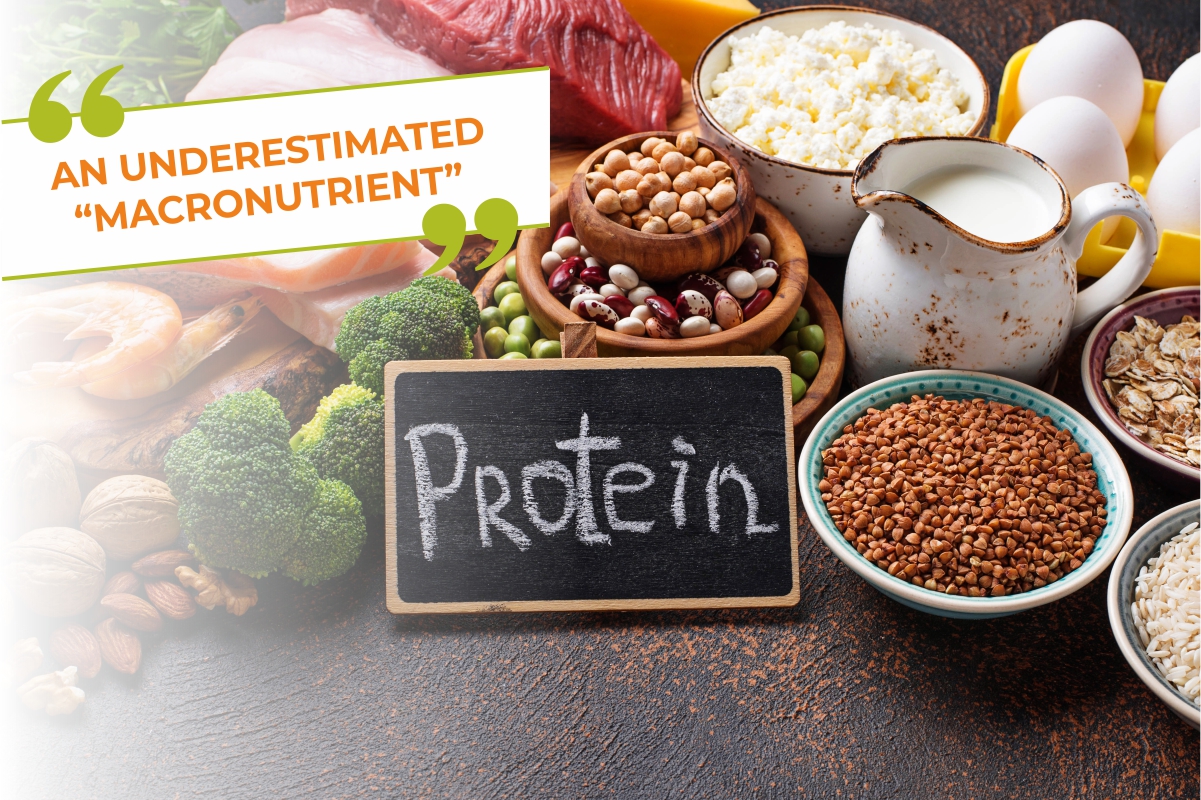PROTEIN- An underestimated “macronutrient”
There has been a lot of talk about low-carb and low-fat diets, and even high-fiber diets to some degree but no one has ever talked about protein as much. The reality is that there are some conflicting viewpoints on protein in the nutrition world, so it’s important to weigh all of the facts before settling on a diet that’s right for you and your family.
When you hear of a “high protein diet” do you think of bodybuilders? People with a lot of muscle mass in their arms, chest, and legs? Yes, bodybuilders need a high intake of protein to build muscles.
What is Protein?
Let’s define protein first before we dig into the topic. What is Protein ?
Protein, like carbohydrate and fat, is a “macronutrient.” The role and significance of carbohydrates and fats in our bodies are to provide us with energy to conduct everyday activities; similarly, protein is also an essential component that our bodies need. Everyone, regardless of age, needs a protein-rich diet.
A protein-rich diet is vital for everyone. Protein is needed by the body regardless of age or fitness level, as it serves a variety of functions in the body, mainly for the:
- Bones
- Hair
- Muscles
- Skin
- Nails
- Internal organs
How much Protein do I need?
In India, more than 68% of the population is protein deficient, and 71% of the population has poor muscle health.
The protein requirement is different for every individual. A common man with a sedentary lifestyle requires at least 56 grams of protein per day, while females with a sedentary lifestyle need around 46 grams of protein per day. These estimates are based on studies that show that a person needs 0.8 grams of protein per kilogram of body weight to live a healthy lifestyle. The tricky part is that everybody requires different quantities of protein depending on a variety of factors. One of the most important factors is a lifestyle. If you are actively lifting weights, you will need more protein than someone who does not lift weights or prefers aerobic workouts. This is when a dietician’s services are needed. Where the diet chart is created based on your lifestyle, food habits, energy consumption, eating preferences, work environment, budget, and so on.
How do I get more Protein?
Nature is blessed with wonderful ingredients that are naturally rich in protein and easily available in a country like India, but some people prefer to supplement their diet with protein-rich powders, bars, or even shakes, which are undoubtedly high in protein but also high in sugar, preservatives, and sodium which can be damaging to our health.
Non-vegetarians can choose from a variety of protein-rich choices:
• Eggs
• Chicken
• Meat
• Fish
For vegetarians, there are ample of options:
• Soy
• Lentils/ Pulses
• Quinoa
• Green leafy vegetables like Spinach
• Nut butter
• Chia seeds
You can even add more protein to your diet by just swapping from your regular flour to a high protein flour, like the Everhealth High Protein Low Carb Flour. Including this flour in your daily diet can help you to meet your daily protein requirement without involving much fancy cooking because this has a blend of Almonds, Bengal grams, Flaxseeds, Soya, Sorghum, Chia seeds, Pumpkin seeds, etc which are all protein rich sources.
Furthermore, protein supplements on the market are not as “HEALTHY” as they seem because their nutritional labels contain 200+ Kcal, clearly indicating the cause of obesity. When it comes to saturated fat, any food with more than 2g is not a good option for those who choose to stay healthy. Also, the sugar content of such items may surpass the recommended limit of 8g, which is much more than recommended.
If you’re trying to lose weight, swap out your high-carb meals for some protein-rich options that will not only taste great but also keep you full and satisfied for longer.

